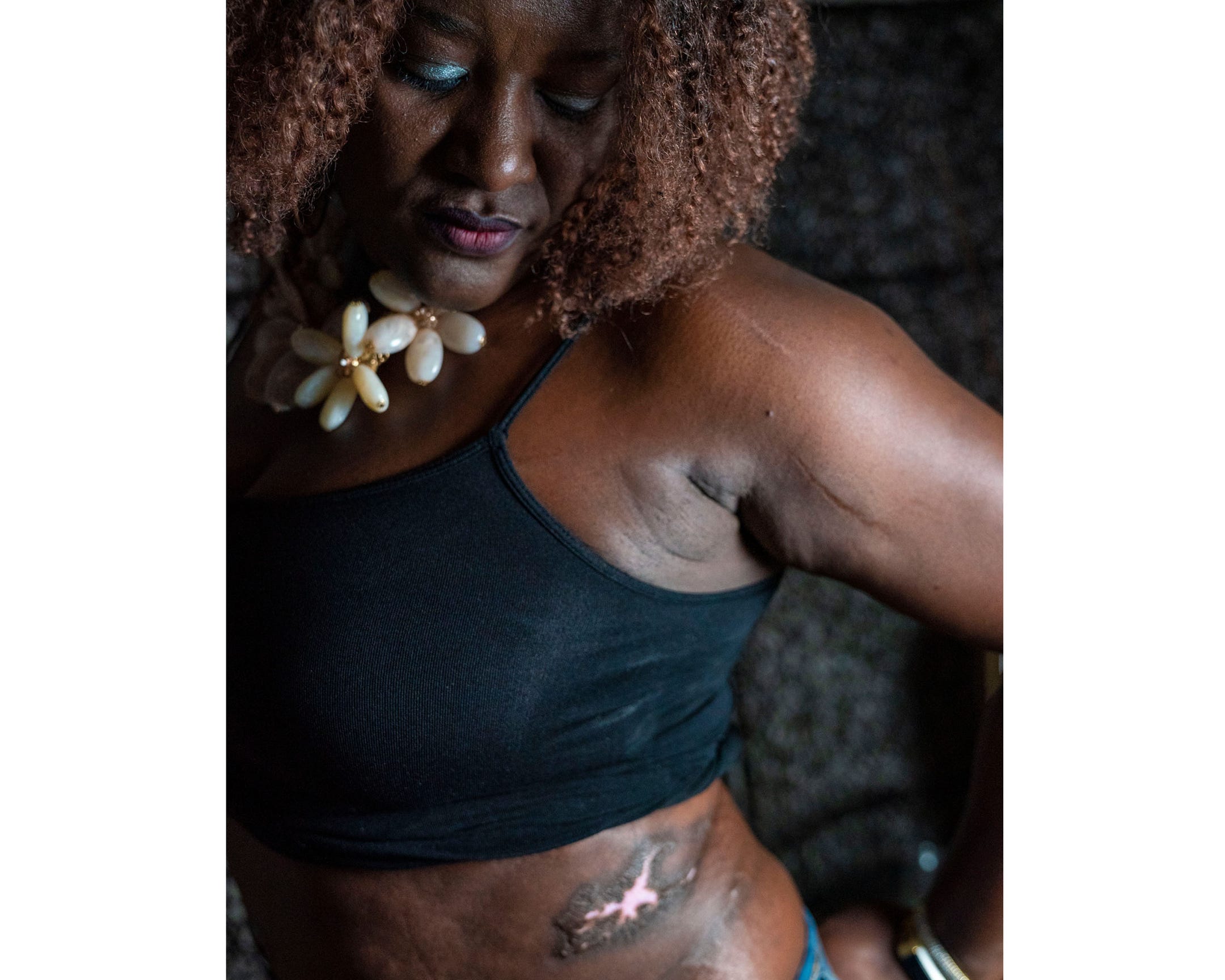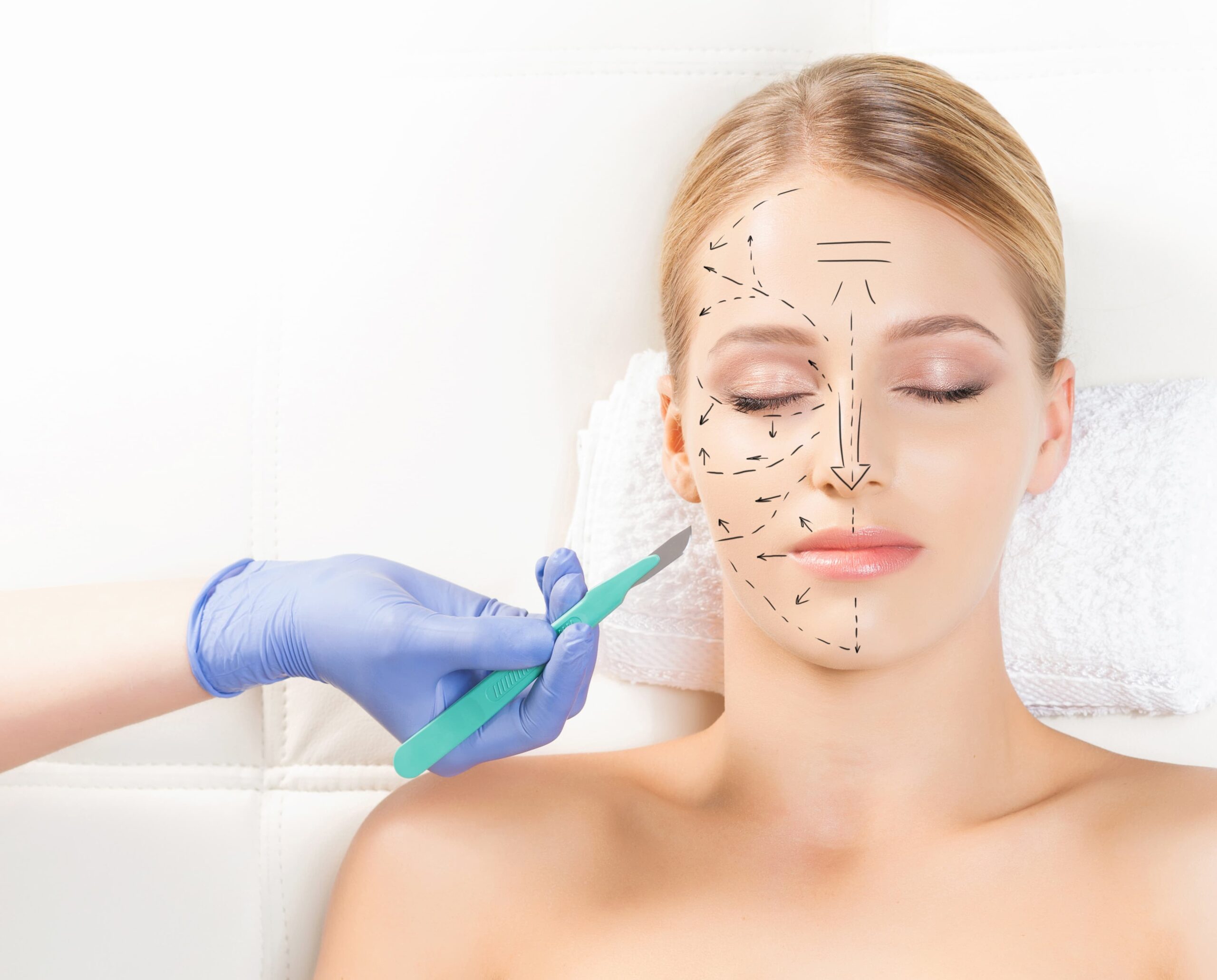A Deep Dive Into the Typical Justifications for Seeking Plastic Surgery: Unloading the Wish for Adjustment and Self-Improvement

Societal Pressures and Charm Specifications
Regularly, social pressures and prevailing charm standards play a significant role in people' choices to go after cosmetic surgical treatment (liposuction bellevue). In contemporary culture, graph greatly influences personal assumptions of good looks, usually bolstered by media, star endorsements, and social platforms. These networks often promote idyllic variations of appeal, leading individuals to internalize these standards and review their self-respect against them

Additionally, these stress are not limited to certain demographics; they influence individuals across numerous ages, sexes, and histories, highlighting the prevalent nature of appeal requirements. This widespread impact increases essential inquiries regarding the ethics of plastic surgery and the implications of social standards on specific options. Ultimately, recognizing these pressures is essential for cultivating an extra inclusive interpretation of charm that commemorates diversity.
Individual Experiences and Transformative Stories
Numerous people who undertake cosmetic surgical treatment record transformative experiences that prolong past simple physical adjustments. For numerous, these treatments function as a driver for boosted self-confidence and a restored sense of identity. People frequently define feeling liberated from long-lasting insecurities, bring about enhanced self-confidence in both individual and professional realms.
Take, for instance, the tale of a girl who undertook boob job after years of sensation self-conscious regarding her look. Post-surgery, she reported not only a newly found convenience in her body but likewise a significant renovation in her social life and career opportunities. In a similar way, a middle-aged male that selected to undergo a renovation shared how the procedure revitalized his expectation on life, triggering him to go after brand-new interests and connections.
:max_bytes(150000):strip_icc():focal(745x123:747x125)/botched-plastic-surgery-drunk-surgeon-tout-010424-1d80c7b734e942eb8f0953dc13be8ee0.jpg)
Emotional Elements Behind Aesthetic Surgical Procedure
Various mental variables add to the decision to undergo cosmetic surgical procedure, reflecting deeper psychological and psychological health considerations. Individuals typically go after medical improvements as a method to resolve sensations of inadequacy, low self-esteem, or dissatisfaction with their appearance. These psychological motivations can be rooted in past experiences, social comparisons, or personal aspirations.
Body image distortion is a prevalent issue, where individuals view their physical features in an exaggeratedly negative light. This distortion can bring about compulsive ideas about regarded defects, prompting the desire for surgical change as a remedy. In addition, the search of excellence and societal stress can enhance these feelings, pressing individuals towards aesthetic procedures in hopes of accomplishing an idealized variation of themselves.
In addition, the principle of self-improvement plays a vital role. Lots of individuals check out cosmetic surgical treatment as a path to improve their quality of life, thinking that boosted appearance will bring about boosted social acceptance, better partnerships, or improved profession opportunities. Inevitably, the mental factors behind cosmetic surgical procedure highlight the complex interaction between individual self-perception and outside influences, disclosing the multifaceted nature of the need for change.
The Role of Media in Perception
In today's society, media plays a critical duty in shaping assumptions of elegance and self-regard. Through various systems-- social networks, television, and marketing-- idyllic criteria of elegance are usually distributed, affecting private ambitions and self-image. These representations often emphasize narrow meanings of attractiveness, mainly featuring vibrant, slim, and electronically boosted pictures, which can develop unrealistic benchmarks for people making every effort to adapt.
The effect of media is more exacerbated by the pervasive nature of social media, where individuals are pestered with curated web content that highlights cosmetic enhancements, recommending a society of comparison. This continuous exposure can bring about feelings of inadequacy among visitors, motivating them to consider cosmetic surgical treatment as a method of achieving the perceived suitable. Research study suggests that people that involve with these media depictions are more probable to express dissatisfaction look at this now with their appearance, strengthening the wish for medical treatments.
In addition, the normalization of plastic surgery in media narratives can desensitize article source target markets, framing such treatments as commonplace and even necessary for social approval. Hence, the media's representation of charm not just influences individual choices concerning plastic surgery yet additionally adds to a more comprehensive social discussion regarding self-respect and identity.
Future fads and moral factors to consider
Amidst the growing appeal of cosmetic surgery, moral factors to consider bordering the method have become significantly noticeable. As the need for procedures rises, so also do problems relating to notified permission, the psychological motivations of people, and the capacity for exploitation by cosmetic surgeons. It is important for experts to make sure that individuals completely recognize the risks and advantages, as well as the effects of their options, to cultivate an accountable approach to aesthetic enhancements.
Furthermore, the influence of social networks and beauty criteria questions regarding the effect on mental wellness, especially amongst susceptible populaces. As awareness of body photo issues expands, moral method demands a careful analysis of the motivations behind medical treatments. Cosmetic surgeons have to balance patient needs with ethical obligation, ensuring that decisions are visit homepage rooted in authentic self-improvement instead of societal pressures.
Aiming to the future, trends may change towards non-invasive and technically progressed treatments, emphasizing individual safety and security and fulfillment. In addition, the incorporation of mental analyses could help attend to underlying concerns before medical treatment. The cosmetic surgery field should adjust to these moral obstacles while advertising a culture of transparency and self-acceptance, ultimately prioritizing the wellness of individuals.
Conclusion
Finally, the pursuit of cosmetic surgery is influenced by a confluence of societal stress, individual experiences, and mental aspects. The wish for positioning with dominating charm criteria, coupled with the capacity for transformative results, highlights the complicated motivations driving people towards these treatments. Moreover, the function of media fit perceptions of elegance can not be underrated. As honest considerations evolve, future fads in plastic surgery will likely show ongoing social discussions surrounding self-improvement and individual identification.
Often, social stress and prevailing appeal standards play a significant function in individuals' choices to pursue cosmetic surgical treatment. liposuction bellevue. Ultimately, these transformative tales highlight the multifaceted factors people seek cosmetic surgical procedure, intertwining individual growth with the quest of visual improvement
Numerous people see cosmetic surgery as a path to enhance their top quality of life, believing that boosted appearance will certainly lead to increased social acceptance, far better connections, or improved profession possibilities. Eventually, the emotional elements behind cosmetic surgery emphasize the complicated interaction in between individual self-perception and exterior influences, exposing the diverse nature of the wish for modification.
As moral considerations develop, future patterns in cosmetic surgical procedure will likely reflect continuous societal discussions bordering self-improvement and private identification. liposuction bellevue.